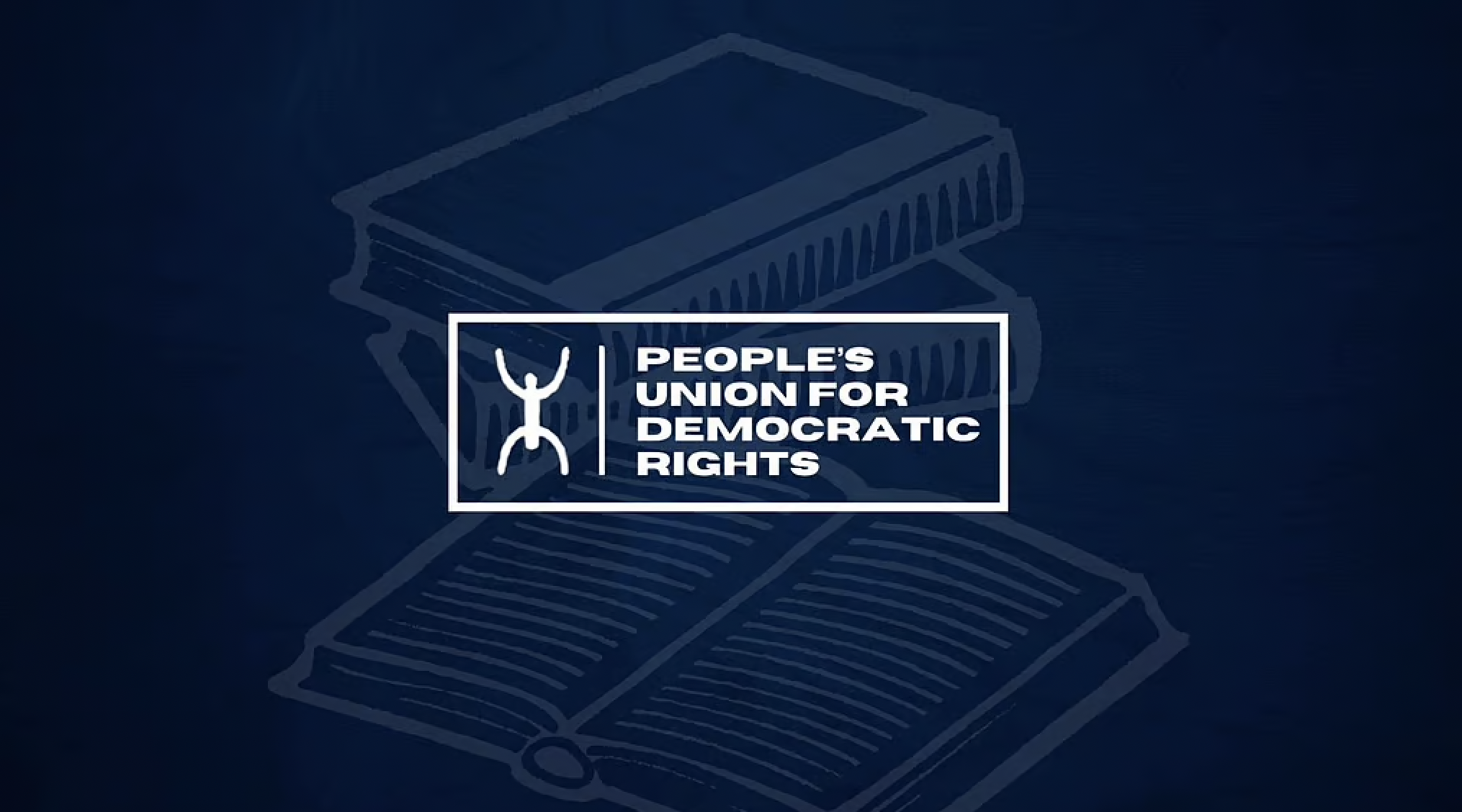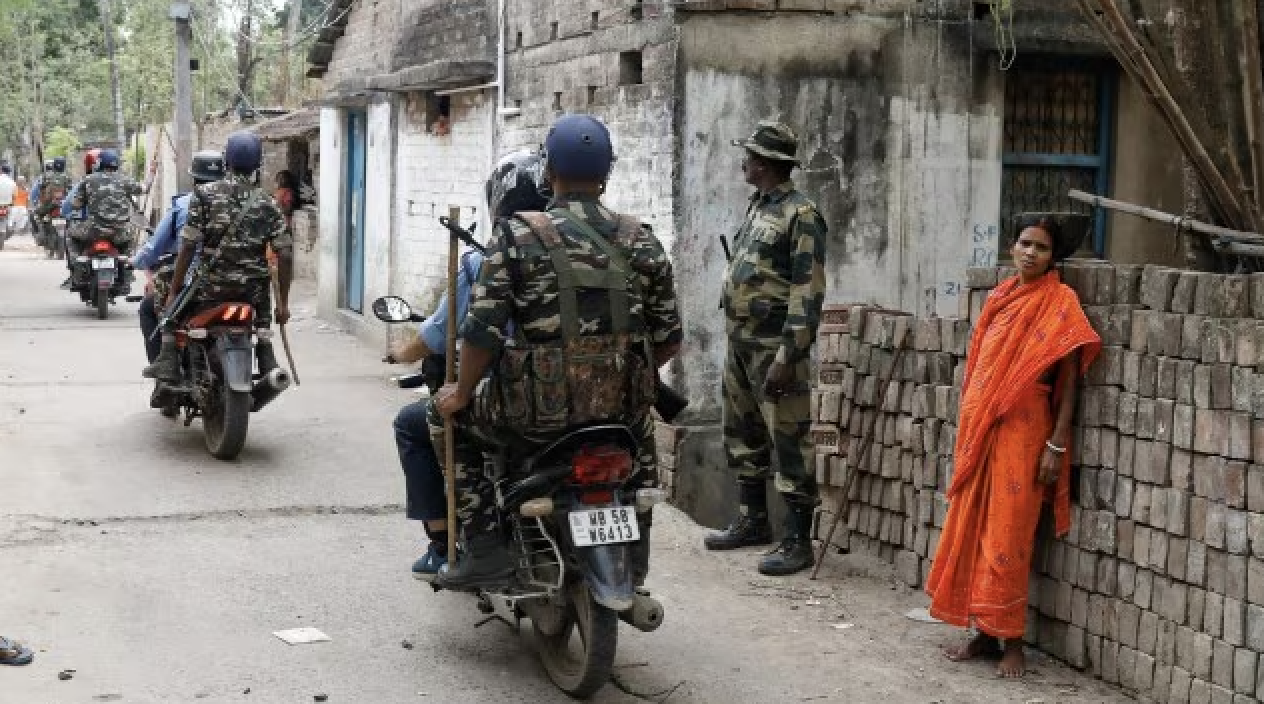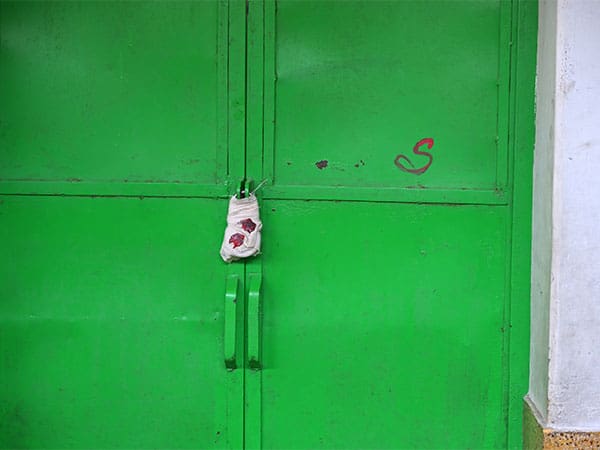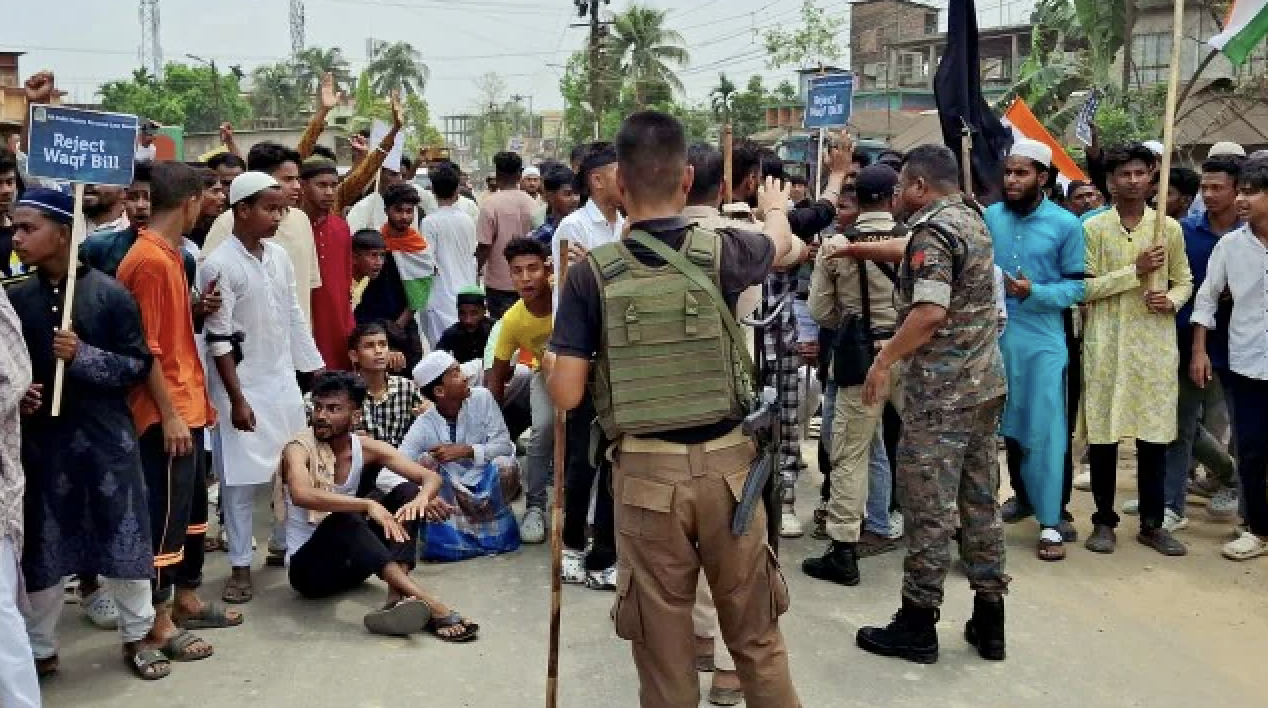
ON March 13, 2025, the People’s Union for Democratic Rights (PUDR), a civil liberties organisation based in Delhi, issued a statement strongly condemning the coordinated raid conducted by the Jammu and Kashmir police on bookstores across Srinagar and other parts of Kashmir last week. According to PUDR, 668 books have been unlawfully seized in Kashmir amidst rising concerns about freedom of expression, misuse of legal provisions, and a tense political climate in the region.
Illegal seizure of books
PUDR expressed “strong reservations” against the targeting of books published by Markazi Maktaba Islami Publishers, a New Delhi-based publishing house affiliated with Jamaat-e-Islami Hind, one of the largest Islamic and political organizations in the Indian subcontinent. Most of the seized books were authored by Abul Ala Maududi, a prominent 20th-century Islamic scholar and the founder of Jamaat-e-Islami. The police have justified the seizure under Section 126 of the Bharatiya Nagarik Suraksha Sanhita (BNSS), claiming that the raids were based on “credible intelligence of the sale and distribution of literature promoting the ideology of a banned organization.”
The statement emphasizes that the seizure of books, particularly those widely available and not explicitly linked to any banned organization, amounts to an overreach of state power.
PUDR, however, challenges the legality of these actions. Section 126 of the BNSS is primarily intended for preventive measures that an Executive Magistrate may take when a breach of peace is anticipated. The police’s action is not inherently justified under Section 126.
This interpretation is supported by judicial precedents, as PUDR notes: “The courts have held that mere possession of literature – even if of a banned organization or through which violent acts may be propagated – would not be enough for the court to find that a person has the requisite mens rea for commission of a crime including of terrorist activities under the UAPA.”
Thus, the police action was not only excessive but also lacked a legitimate legal basis. The statement emphasizes that the seizure of books, particularly those widely available and not explicitly linked to any banned organization, amounts to an overreach of state power.
Misrepresentation of organizational bans
PUDR also clarified that while Jamaat-e-Islami Jammu and Kashmir was banned in 2019 under the Unlawful Activities (Prevention) Act (UAPA) as an ‘Unlawful Association’ (with the ban extended by the Central government and confirmed by a Tribunal in 2024), Jamaat-e-Islami Hind, the parent organization, has not been banned. “There is no reference to such literature in the legal proceedings of the Tribunal or in the very stand of the Central Government,” it notes. PUDR also questioned the selective targeting of certain books and publishers, particularly those associated with Islamic scholarship and political thought.
Militarisation and suppression in Kashmir
The statement highlights that “as of date, ten political and socio-religious organisations (including the Jamaat-e-Islami Jammu and Kashmir) have been banned and declared unlawful.” This has been accompanied by “widespread arrests and detentions in Jammu and Kashmir, particularly since 2019.”
The statement emphasizes that “the seizure of literature is an example of a further deepening of State control on lives of people in Jammu and Kashmir.”
Between 2020 and 2022, 947 UAPA cases have been registered in Jammu and Kashmir, and the State has come down heavily on human rights documentation and advocacy, as the arrests of human rights defenders Khurram Parvez and Irfan Mehraj show.
This story was originally published in theleaflet.in. Read the full story here.






